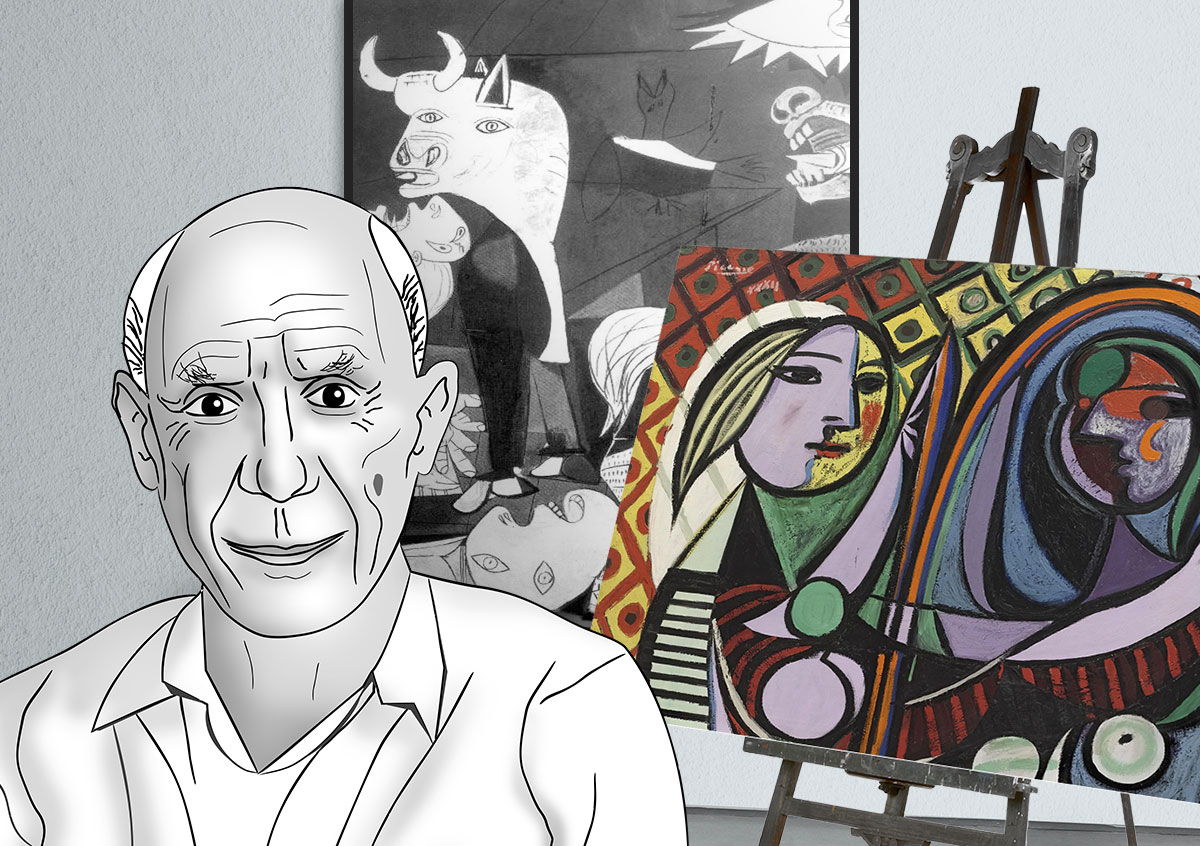The Shadow Side of Greatness
 Pablo Picasso, renowned as one of the most celebrated artists of the 20th century, holds a prominent place in the art world, recognized even by individuals with minimal art knowledge.
Pablo Picasso, renowned as one of the most celebrated artists of the 20th century, holds a prominent place in the art world, recognized even by individuals with minimal art knowledge.
Recently attending a Picasso exhibition, I found myself particularly impressed not by any single artwork but by his astonishingly prolific body of work. Scholars have meticulously documented 26,075 pieces attributed to Picasso, though some estimates suggest the actual number may exceed 50,000.
Upon learning that Picasso lived to the age of 91, I embarked on a calculation. Over his lifespan of 33,403 days, he produced an average of one new artwork every day from the age of 20 until his passing. This remarkable feat signifies that Picasso created something fresh each day for an astounding 71 years.
Picasso's immense artistic output not only propelled him to international renown but also led to significant wealth, with an estimated net worth of around $500 million at the time of his passing in 1973. His prolific body of work, which became widely recognized and numerous, also made him a prime target for theft, with over 550 of his works currently missing, according to the Art Loss Register.
Yet, Picasso's greatness transcended mere quantity; it was also deeply rooted in his innovative approach to art. He co-founded the Cubist movement and pioneered the technique of collage, setting the standard that his contemporaries sought to emulate. Any discourse on the most influential artists throughout history would undoubtedly feature Picasso's name prominently.
Shadows Appear in All Fields
I don’t mean to pick on Picasso here. The idea that strengths have tradeoffs, especially extreme versions of strengths, holds true in nearly every field.
For example, consider Floyd Mayweather Jr. He is widely considered to be one of the greatest boxers of all-time. His career record is 49-0. He has earned more than $1.3 billion over the course of his career.
He also has serious anger management issues. In 2002, he was charged with two counts of domestic violence. In 2004, two counts of misdemeanor battery against different women. In 2005, another charge of misdemeanor battery. In 2010, yet another misdemeanor battery charge. Not to mention, there have been a number of reported charges that were later dropped.
The qualities that make him a once-in-a-lifetime boxer—his unbridled anger and lack of impulse control—also lead him to be violent in normal situations. This combination makes him unbeatable in the ring and unbearable in the rest of life.
Is Success Worth the Shadow Side?
Success is often celebrated, whether it's achieving fame, winning championships, or accumulating wealth, yet the costs of success are frequently overlooked.
Consider Picasso's legacy: while his art brought joy to many, it's essential to acknowledge the pain caused by his tumultuous relationships, which may have outweighed the positives for some.
Author Mark Manson suggests a crucial shift in perspective: instead of fixating on the type of success desired, focus on understanding the accompanying pain. This introspection reveals deeper insights into personal values and priorities.
It's common to desire financial independence or recognition, but it's important to weigh these aspirations against their potential downsides. Willingness to confront the shadow side of success—like sacrificing time with family or neglecting personal well-being—determines one's true priorities.
Success often comes with trade-offs; intense focus in one area may lead to neglect in others. This imbalance, known as the four burners theory, highlights the complexities of achieving greatness.













![[ℕ𝕖𝕧𝕖𝕣] 𝕊𝕖𝕝𝕝 𝕐𝕠𝕦𝕣 𝔹𝕚𝕥𝕔𝕠𝕚𝕟 - And Now What.... Pray To The God Of Hopium?](https://cdn.bulbapp.io/frontend/images/79e7827b-c644-4853-b048-a9601a8a8da7/1)













![[LIVE] Engage2Earn: Julian Hill Bruce boost](https://cdn.bulbapp.io/frontend/images/dbf23bb3-aba5-43ea-9678-e8c2dbad951c/1)














